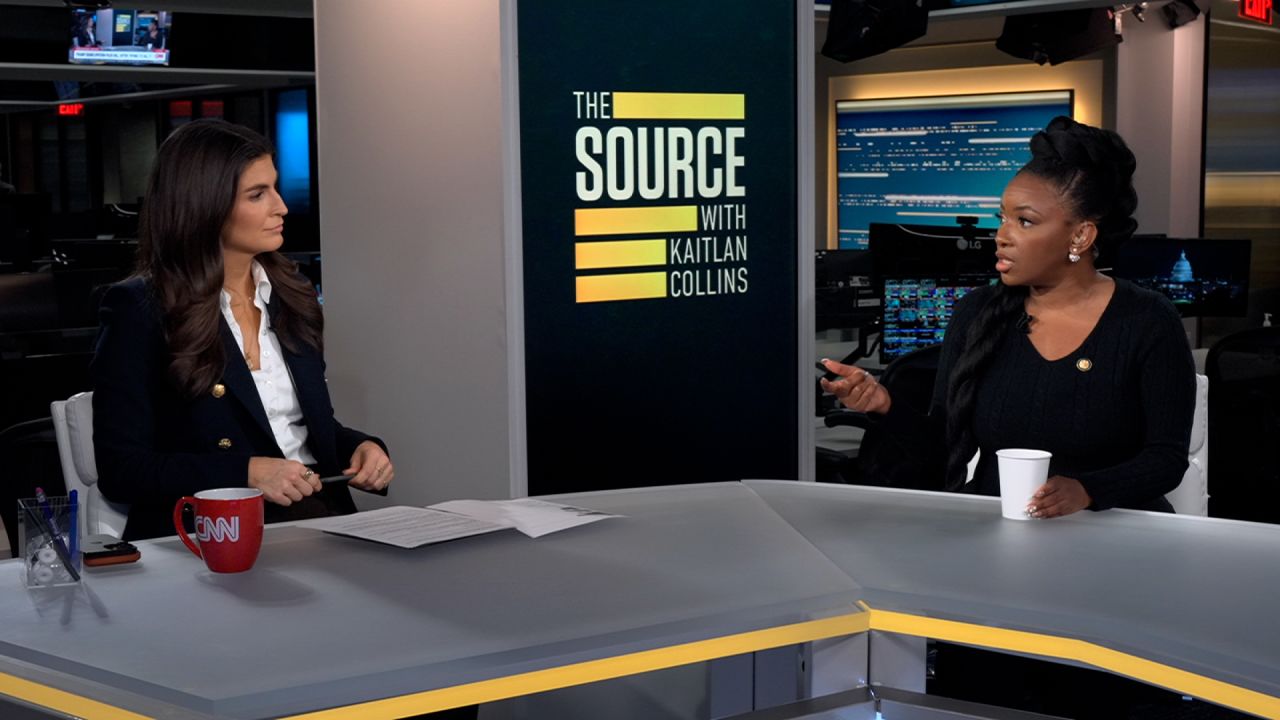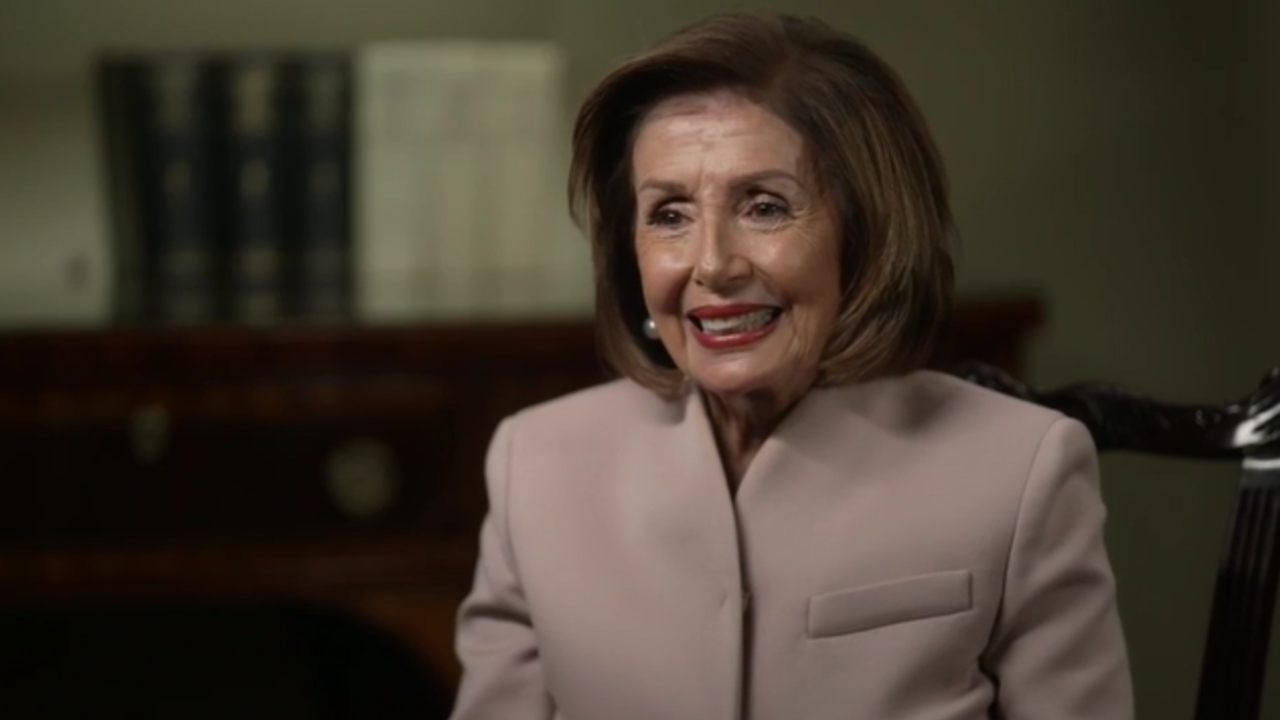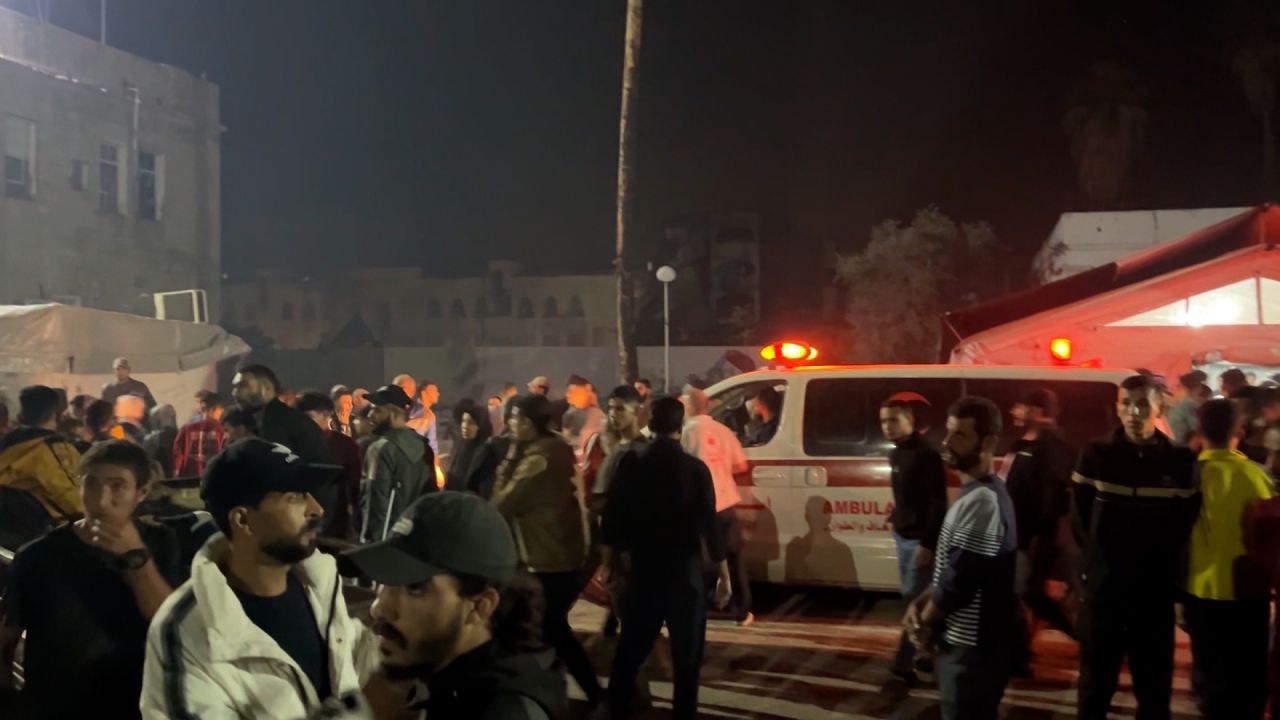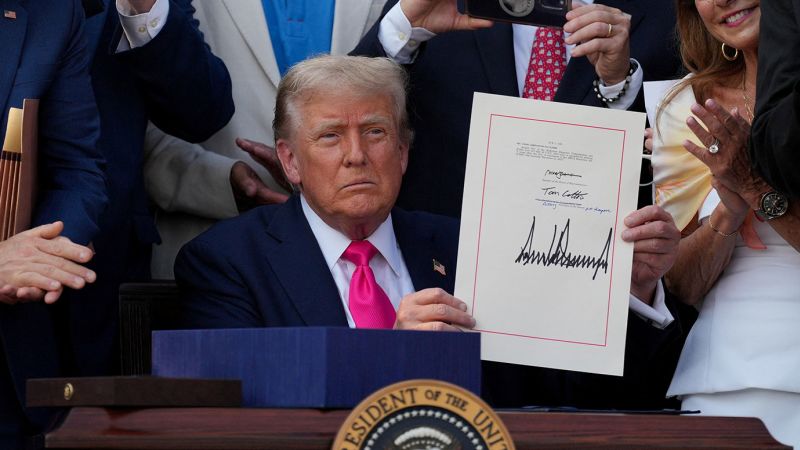St. John’s College Launches Innovative Middle Eastern Classics Program
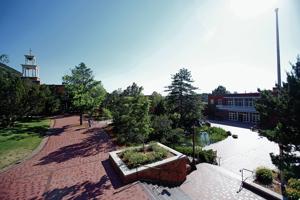
St. John’s College in Santa Fe, New Mexico, has unveiled a new Master of Arts in Middle Eastern Classics, a one-year, in-person graduate program. This initiative aims to explore the rich history and texts of Islam and Judaism, amidst ongoing conflicts in the region. The program is designed to cultivate dialogue and understanding across different traditions, responding to what David Carl, dean of the graduate program, describes as an urgent need for open discourse.
The new program fills two significant gaps in the college’s academic offerings. Firstly, it bridges the geographical divide between the Western tradition emphasized in its Classic Liberal Arts program and the Eastern thought explored in the Eastern Classics program. With the addition of Middle Eastern studies, St. John’s can now provide a comprehensive world classics education. Secondly, it addresses a historical gap, as noted by Carl, who pointed out a 1,000-year absence of representation between key Western works, such as St. Augustine’s Confessions and Dante Alighieri’s Divine Comedy. He remarked, “What in Europe were called the Dark Ages were some of the richest periods of intellectual development in other parts of the world.”
The program, set to welcome its inaugural cohort in August 2024, has been a decade in the making. Interest initially sparked from a summer program offered ten years ago. Over the past two years, intensive discussions among a group of eight faculty members have led to the selection of texts and translations for the curriculum. Six of these faculty members will teach in the new program.
Challenges in launching the program included the availability of accurate English translations and concerns regarding student enrollment. Recent geopolitical developments, particularly the ongoing conflict between Israel and the Palestinian territories, have heightened interest in Middle Eastern studies. This renewed focus has enabled Walter Sterling, college President, to secure funding for the program, including a significant anonymous donation of $1 million.
The program is not solely focused on geopolitical issues; it also aims to provide students with fresh perspectives, particularly for those raised in the American context. Carl highlights that concepts such as the separation of church and state may be viewed differently in the Middle East. “When you start reading Islamic texts or Jewish texts, you realize that if God is the source of truth in the world, why wouldn’t you want to build a government with its foundation in truth?” he stated.
Similar to the Eastern Classics program, which offers instruction in languages like Chinese and Sanskrit, students in the new Middle Eastern Classics program can choose to concentrate on either Arabic or Hebrew. The objective is not to achieve fluency but to provide students with a foundational understanding to engage with texts in their original languages. Carl compares this necessity to studying a non-native language to fully appreciate an author’s work, emphasizing the importance of direct engagement with the source material.
Instruction will focus on texts that resonate with contemporary issues, maintaining relevance to today’s societal challenges. Carl is aware of the sensitivity surrounding discussions on current events in the Middle East, stating, “I think we’re going to be especially sensitive around those kind of questions.”
Through this new program, St. John’s College aims to foster a deeper understanding of Middle Eastern cultures and philosophies, equipping students with the intellectual tools necessary to navigate complex conversations in an increasingly interconnected world.

